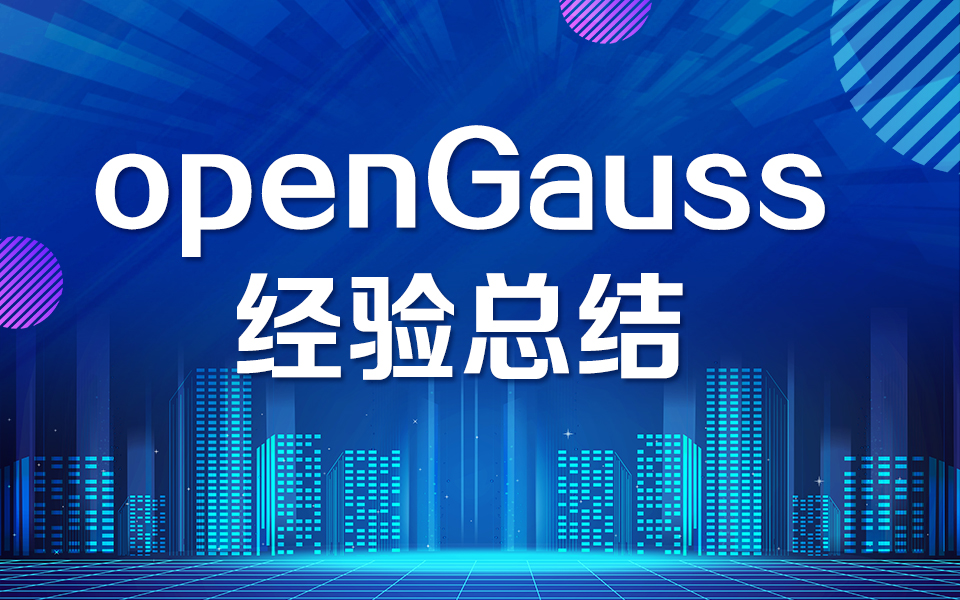java socket local_LocalServerSocket.java
/** Copyright (C) 2007 The Android Open Source Project** Licensed under the Apache License, Version 2.0 (the "License");* you may not use this file except in compliance with the License.* You may obta
/*
* Copyright (C) 2007 The Android Open Source Project
*
* Licensed under the Apache License, Version 2.0 (the "License");
* you may not use this file except in compliance with the License.
* You may obtain a copy of the License at
*
* http://www.apache.org/licenses/LICENSE-2.0
*
* Unless required by applicable law or agreed to in writing, software
* distributed under the License is distributed on an "AS IS" BASIS,
* WITHOUT WARRANTIES OR CONDITIONS OF ANY KIND, either express or implied.
* See the License for the specific language governing permissions and
* limitations under the License.
*/
package android.net;
import java.io.IOException;
import java.io.FileDescriptor;
/**
* non-standard class for creating inbound UNIX-domain socket
* on the Android platform, this is created in the Linux non-filesystem
* namespace.
*
* On simulator platforms, this may be created in a temporary directory on
* the filesystem
*/
public class LocalServerSocket {
private final LocalSocketImpl impl;
private final LocalSocketAddress localAddress;
/** 50 seems a bit much, but it's what was here */
private static final int LISTEN_BACKLOG = 50;
/**
* Crewates a new server socket listening at specified name.
* On the Android platform, the name is created in the Linux
* abstract namespace (instead of on the filesystem).
*
* @param name address for socket
* @throws IOException
*/
public LocalServerSocket(String name) throws IOException
{
impl = new LocalSocketImpl();
impl.create(true);
localAddress = new LocalSocketAddress(name);
impl.bind(localAddress);
impl.listen(LISTEN_BACKLOG);
}
/**
* Create a LocalServerSocket from a file descriptor that's already
* been created and bound. listen() will be called immediately on it.
* Used for cases where file descriptors are passed in via environment
* variables
*
* @param fd bound file descriptor
* @throws IOException
*/
public LocalServerSocket(FileDescriptor fd) throws IOException
{
impl = new LocalSocketImpl(fd);
impl.listen(LISTEN_BACKLOG);
localAddress = impl.getSockAddress();
}
/**
* Obtains the socket's local address
*
* @return local address
*/
public LocalSocketAddress getLocalSocketAddress()
{
return localAddress;
}
/**
* Accepts a new connection to the socket. Blocks until a new
* connection arrives.
*
* @return a socket representing the new connection.
* @throws IOException
*/
public LocalSocket accept() throws IOException
{
LocalSocketImpl acceptedImpl = new LocalSocketImpl();
impl.accept (acceptedImpl);
return new LocalSocket(acceptedImpl);
}
/**
* Returns file descriptor or null if not yet open/already closed
*
* @return fd or null
*/
public FileDescriptor getFileDescriptor() {
return impl.getFileDescriptor();
}
/**
* Closes server socket.
*
* @throws IOException
*/
public void close() throws IOException
{
impl.close();
}
}
Java程序
|
118行
|
3.16 KB
/*
* Copyright (C) 2007 The Android Open Source Project
*
* Licensed under the Apache License, Version 2.0 (the "License");
* you may not use this file except in compliance with the License.
* You may obtain a copy of the License at
*
* http://www.apache.org/licenses/LICENSE-2.0
*
* Unless required by applicable law or agreed to in writing, software
* distributed under the License is distributed on an "AS IS" BASIS,
* WITHOUT WARRANTIES OR CONDITIONS OF ANY KIND, either express or implied.
* See the License for the specific language governing permissions and
* limitations under the License.
*/
package android.net;
import java.io.IOException;
import java.io.FileDescriptor;
/**
* non-standard class for creating inbound UNIX-domain socket
* on the Android platform, this is created in the Linux non-filesystem
* namespace.
*
* On simulator platforms, this may be created in a temporary directory on
* the filesystem
*/
public class LocalServerSocket {
private final LocalSocketImpl impl;
private final LocalSocketAddress localAddress;
/** 50 seems a bit much, but it's what was here */
private static final int LISTEN_BACKLOG = 50;
/**
* Crewates a new server socket listening at specified name.
* On the Android platform, the name is created in the Linux
* abstract namespace (instead of on the filesystem).
*
* @param name address for socket
* @throws IOException
*/
public LocalServerSocket(String name) throws IOException
{
impl = new LocalSocketImpl();
impl.create(true);
localAddress = new LocalSocketAddress(name);
impl.bind(localAddress);
impl.listen(LISTEN_BACKLOG);
}
/**
* Create a LocalServerSocket from a file descriptor that's already
* been created and bound. listen() will be called immediately on it.
* Used for cases where file descriptors are passed in via environment
* variables
*
* @param fd bound file descriptor
* @throws IOException
*/
public LocalServerSocket(FileDescriptor fd) throws IOException
{
impl = new LocalSocketImpl(fd);
impl.listen(LISTEN_BACKLOG);
localAddress = impl.getSockAddress();
}
/**
* Obtains the socket's local address
*
* @return local address
*/
public LocalSocketAddress getLocalSocketAddress()
{
return localAddress;
}
/**
* Accepts a new connection to the socket. Blocks until a new
* connection arrives.
*
* @return a socket representing the new connection.
* @throws IOException
*/
public LocalSocket accept() throws IOException
{
LocalSocketImpl acceptedImpl = new LocalSocketImpl();
impl.accept (acceptedImpl);
return new LocalSocket(acceptedImpl);
}
/**
* Returns file descriptor or null if not yet open/already closed
*
* @return fd or null
*/
public FileDescriptor getFileDescriptor() {
return impl.getFileDescriptor();
}
/**
* Closes server socket.
*
* @throws IOException
*/
public void close() throws IOException
{
impl.close();
}
}
更多推荐
 已为社区贡献4条内容
已为社区贡献4条内容









所有评论(0)